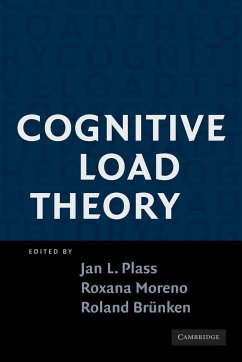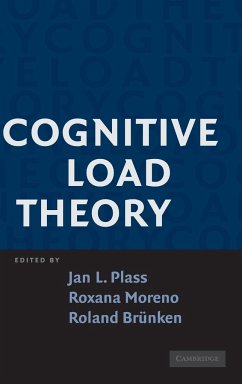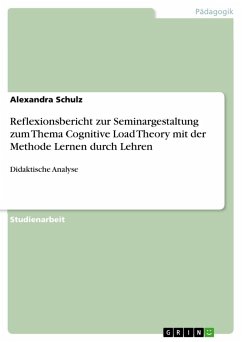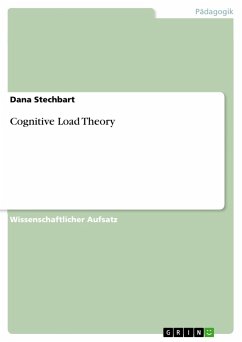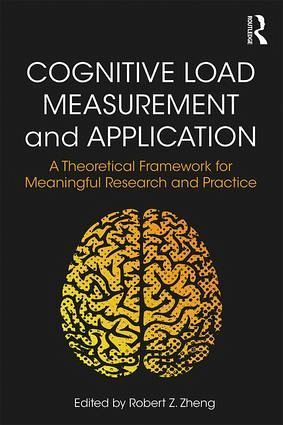
Cognitive Load Measurement and Application
A Theoretical Framework for Meaningful Research and Practice
Herausgeber: Zheng, Robert Z.
Versandkostenfrei!
Versandfertig in 1-2 Wochen
62,99 €
inkl. MwSt.
Weitere Ausgaben:

PAYBACK Punkte
31 °P sammeln!
Cognitive Load Measurement and Application provides up-to-date research and theory on the functional role of cognitive load measurement and its application in multimedia and visual learning. Grounded in a sound theoretical framework, this edited volume introduces methodologies and strategies that effect high-quality cognitive load measurement in learning. Case studies are provided to aid readers in comprehension and application within various learning situations, and the book concludes with a review of the possible future directions of the discipline.





